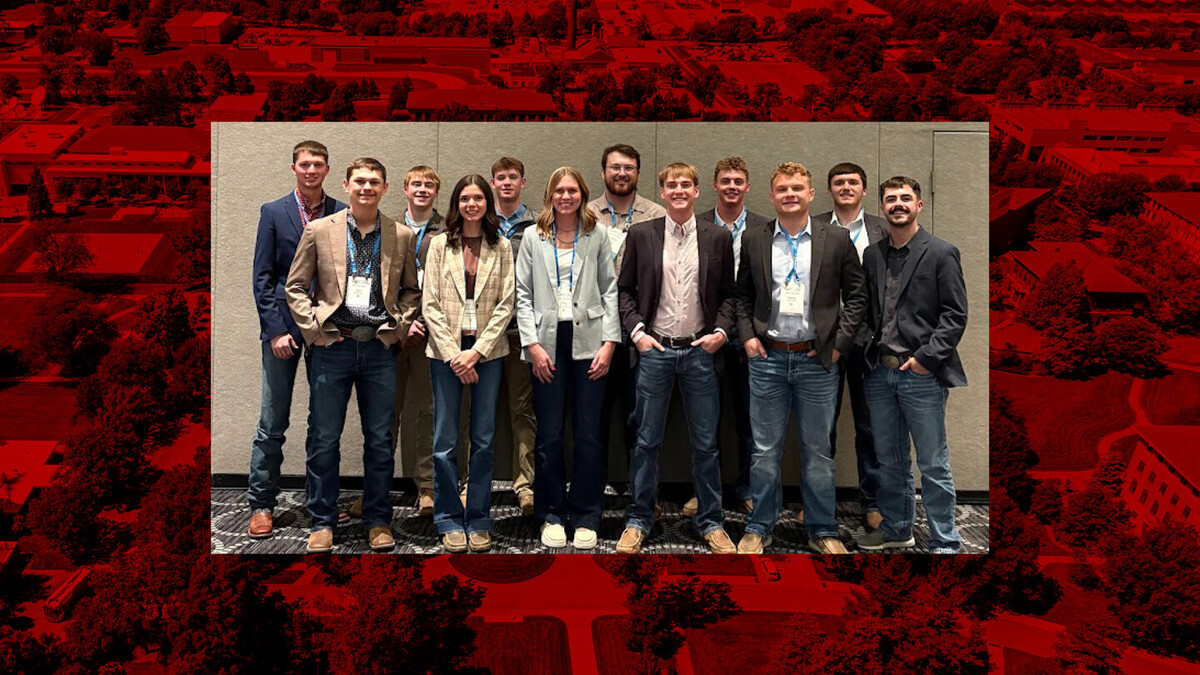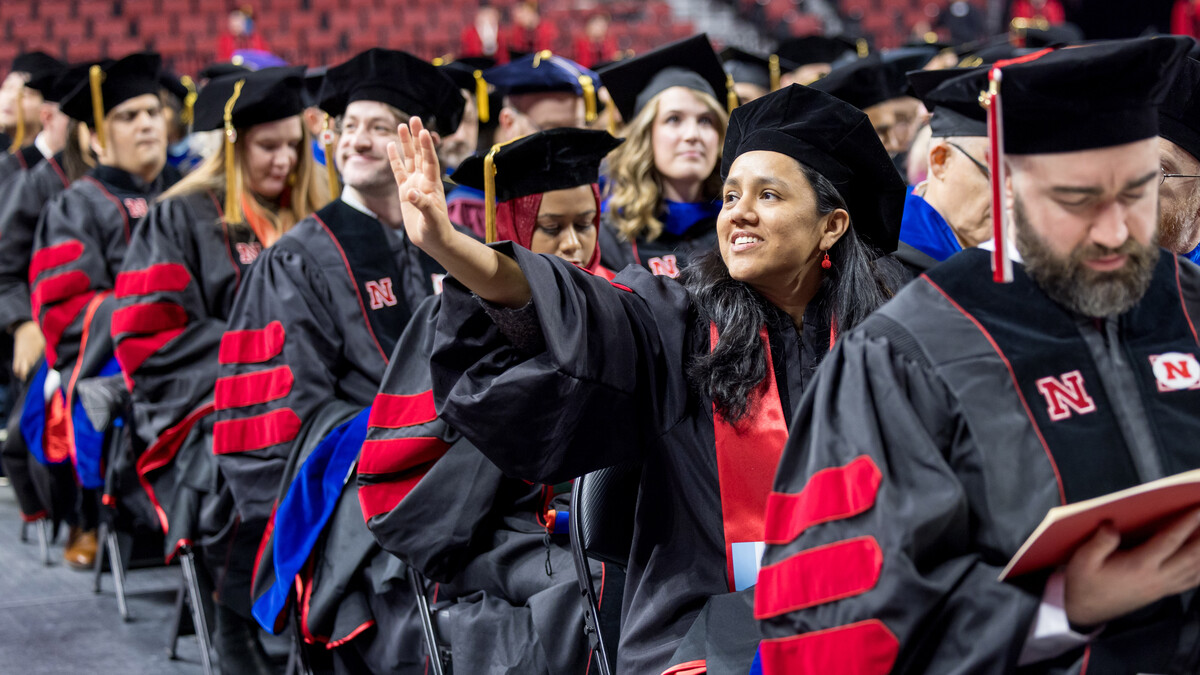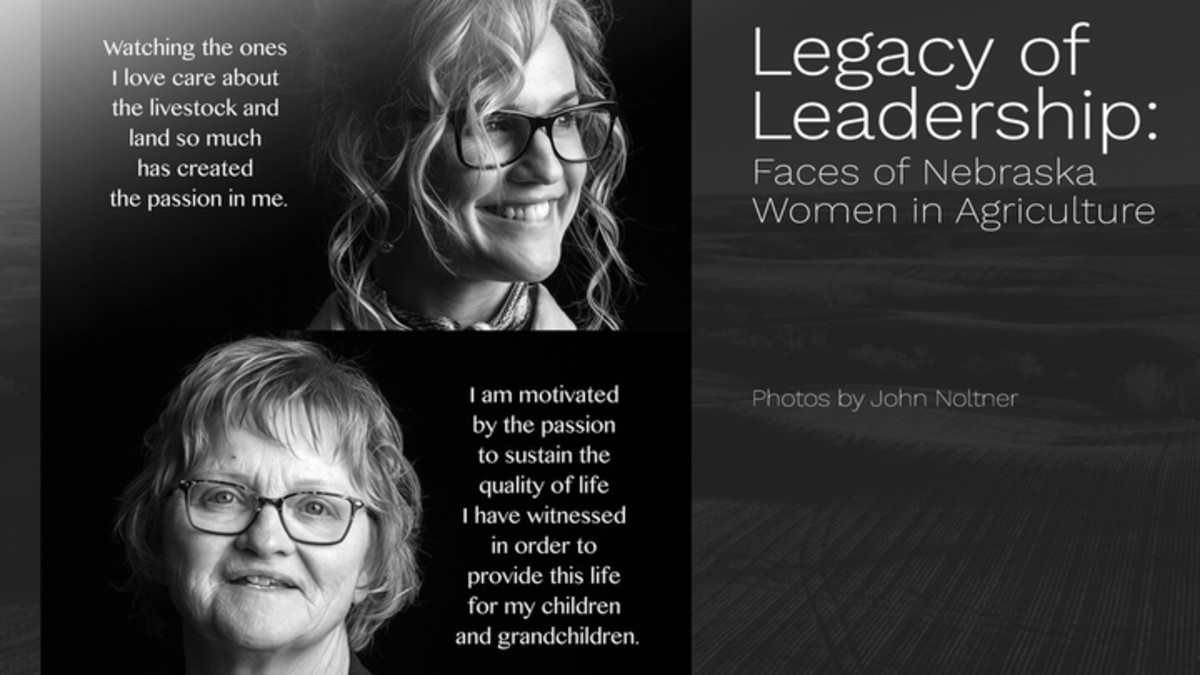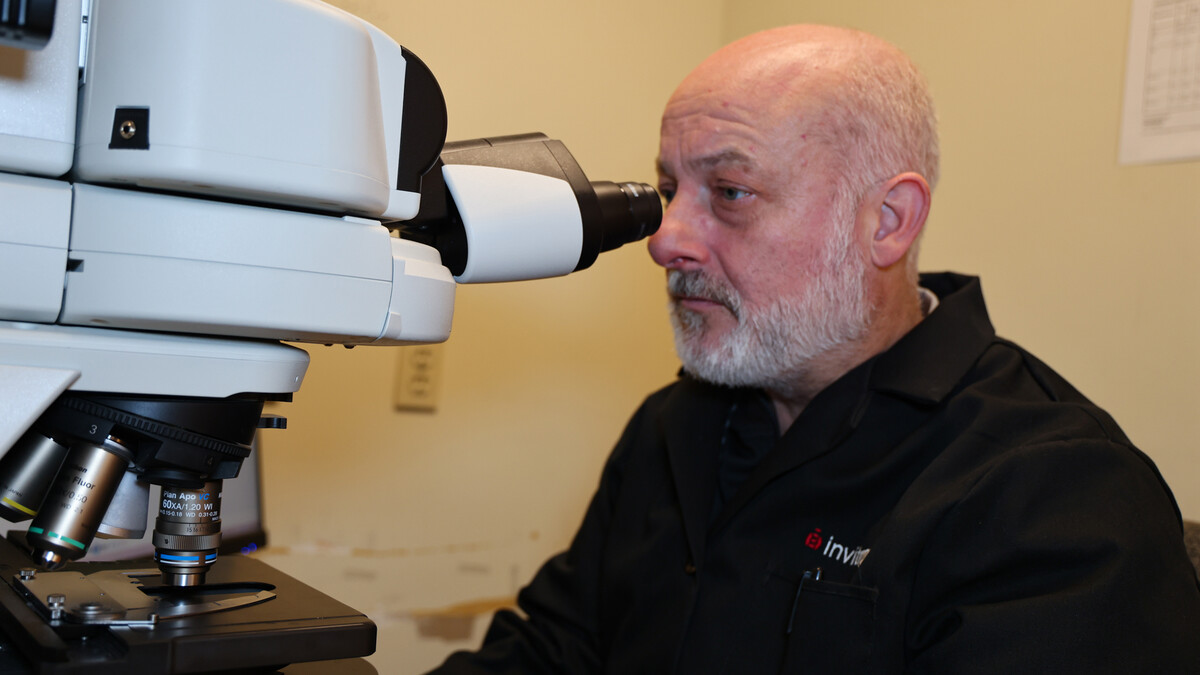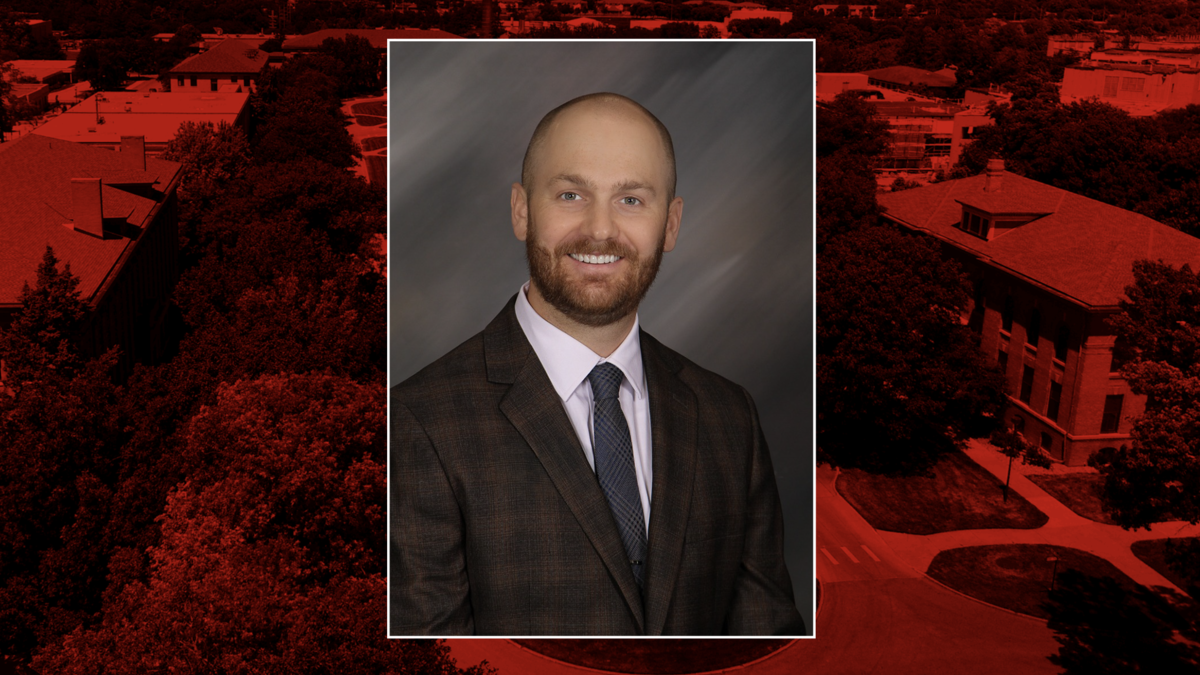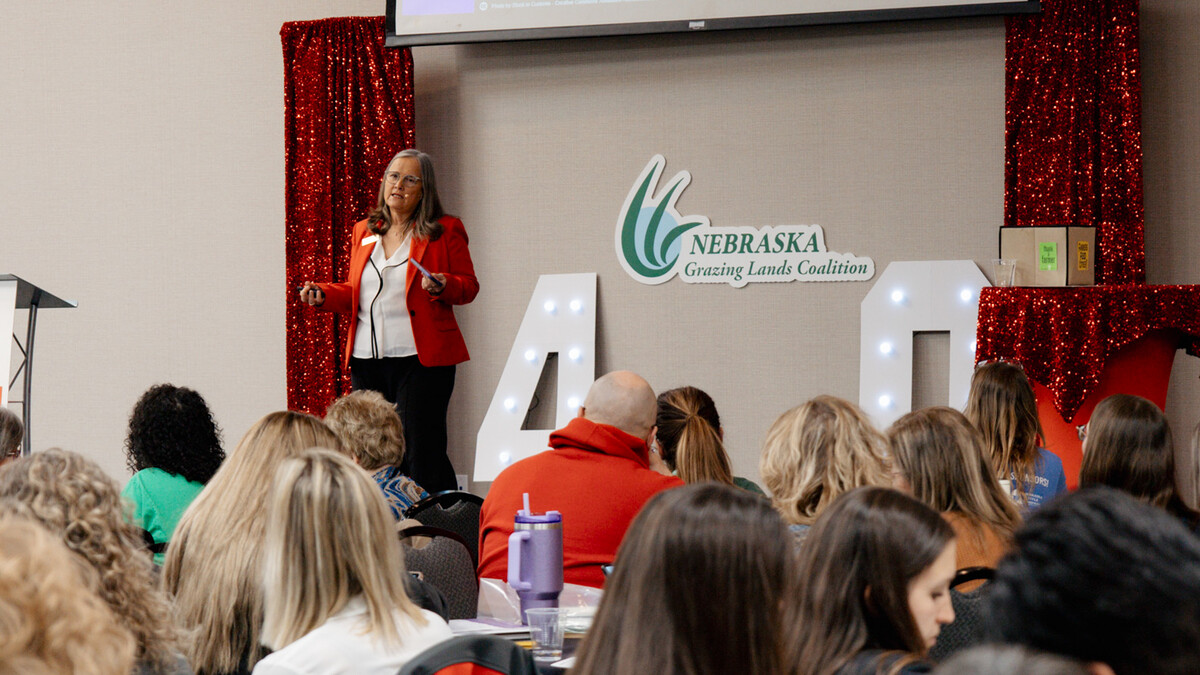
Lincoln, Neb. —The Office of Research and Economic Development has selected three University of Nebraska–Lincoln faculty to receive seed funding from its Arts and Humanities Research Enhancement Program.
The program’s goal is to foster excellence in research, scholarship and creative activity in the arts and humanities, and to increase recipients’ competitiveness for external funding and ability to impact society with their work.
The recipients are:
• Dana Fritz, Hixson-Lied Professor of art (photography), who will lead an interdisciplinary team in producing a book and exhibition focused on the evolving philosophies underlying management of the Nebraska National Forest at Halsey. They will focus on environmental history and contemporary issues related to climate change and the environment.
• Zachary Tate Porter, assistant professor of architecture, will explore the relationship between building and ground in architectural design, with a focus on case studies from Asia, Africa and South America. He will reconstruct each case study as a digital model to facilitate a design-oriented inquiry method.
• Adrian Wisnicki, associate professor of English and coordinator of the Digital Humanities Program, will form a publishing partnership between three entities with the aim of recognizing the contributions and achievements of Victorian-era periodical press creators who were Black, Indigenous or people of color.
Bob Wilhelm, vice chancellor for research and economic development, selected these projects in part for their alignment with the university’s larger goals set forth in both the university’s N2025 Strategic Plan and Grand Challenges, which identify major societal issues that can be solved only through interdisciplinary collaboration.
Using photography to explore the history and evolution of the Nebraska National Forest
Fritz’s project will advance her interdisciplinary team’s work on “Field Guide to a Hybrid Landscape,” a publication and exhibition focused on the environmental history of the Nebraska National Forest at Halsey, the largest hand-planted forest in the U.S. and formerly the world. Through her photographs, and essays and maps from the team, Fritz will explore how evolving philosophies have directed management of the forest, and how those changes intersect with modern views of climate change, land use and territorialization.
When launched in 2022, the publication will become the first-ever book focused on the Nebraska National Forest. Fritz’s team is also the first majority-female group to publish on this topic.
Fritz is an accomplished landscape photographer with a track record of using her art to bring environmental issues to broad audiences. In collaboration with experts from diverse disciplines – including art history, geography, landscape architecture and forest ecology – Fritz will describe how the forest was originally conceived to create timber, reclaim an “unproductive” landscape and change the local climate. By contrast, today’s management focuses on conservation, grassland restoration and reforestation.
The project aligns with the university’s Grand Challenge theme of climate resilience.
Understanding the architectural building-ground dynamic in Asia, Africa and South America
A central focus of Porter’s research program is the relationship between building and ground, one of architectural design’s most significant dynamics. Architects’ decisions about this relationship – whether they construct a building to float above the ground or submerge it beneath the ground’s surface, for example – can be seen as symbolic gestures reflecting philosophic perspectives about nature, the city or established power structures of society.
With this project, Porter will expand his study of the building-ground dynamic beyond the context of Europe and North America, which has been his focus to this point. He will focus on nonwestern case studies from Asia, Africa and South America, using digital modeling, visual representation and historical analysis to create a catalogue of case studies. Ultimately, Porter will combine that catalogue with his existing collection of European and North American case studies as the foundation for securing external funding for a book-length publication and exhibition.
The project is innovative for its goal of creating a more inclusive dialogue on architectural conceptions of ground. Porter’s efforts are aligned with recent calls to “decolonize” architectural history and underscore the university’s priority of inclusive excellence and diversity.
Highlighting BIPOC voices from the Victorian periodical press
Wisnicki’s project will establish a publishing partnership between three entities with the goal of shining a light on Victorian-era periodical press creators who were Black, Indigenous or people of color – whose contributions to authorship during that period have long been marginalized. Wisnicki and collaborators Dino Felluga and Jo Ichimura aim to reverse that trend by identifying and publishing up to 26 texts by Victorian-era BIPOC authors, and highlighting the achievements of three of these creators through biographical essays and annotated bibliographies.
The project unites One More Voice, a digital humanities initiative focused on recovering non-European contributions from Victorian-era British colonial archives; the Collaborative Organization for Virtual Education, a publishing platform comprising over 5 million words of critically encoded literary texts; and the University of London’s Special Collections of SOAS Library, an institution for the study of Asia, Africa and the Middle East. The researchers will draw on SOAS collections to locate BIPOC authors’ texts, the most compelling of which will be published on COVE.
The project breaks new ground by developing a replicable methodology to identify periodical work by BIPOC creators, which currently does not exist. The work aligns with other efforts to “undiscipline” Victorian studies – a process of challenging the racial dynamics underlying the field.
This project lays the foundation for a proposal to the National Endowment for the Humanities aimed at full-scale development of these transatlantic research and publishing practices.
